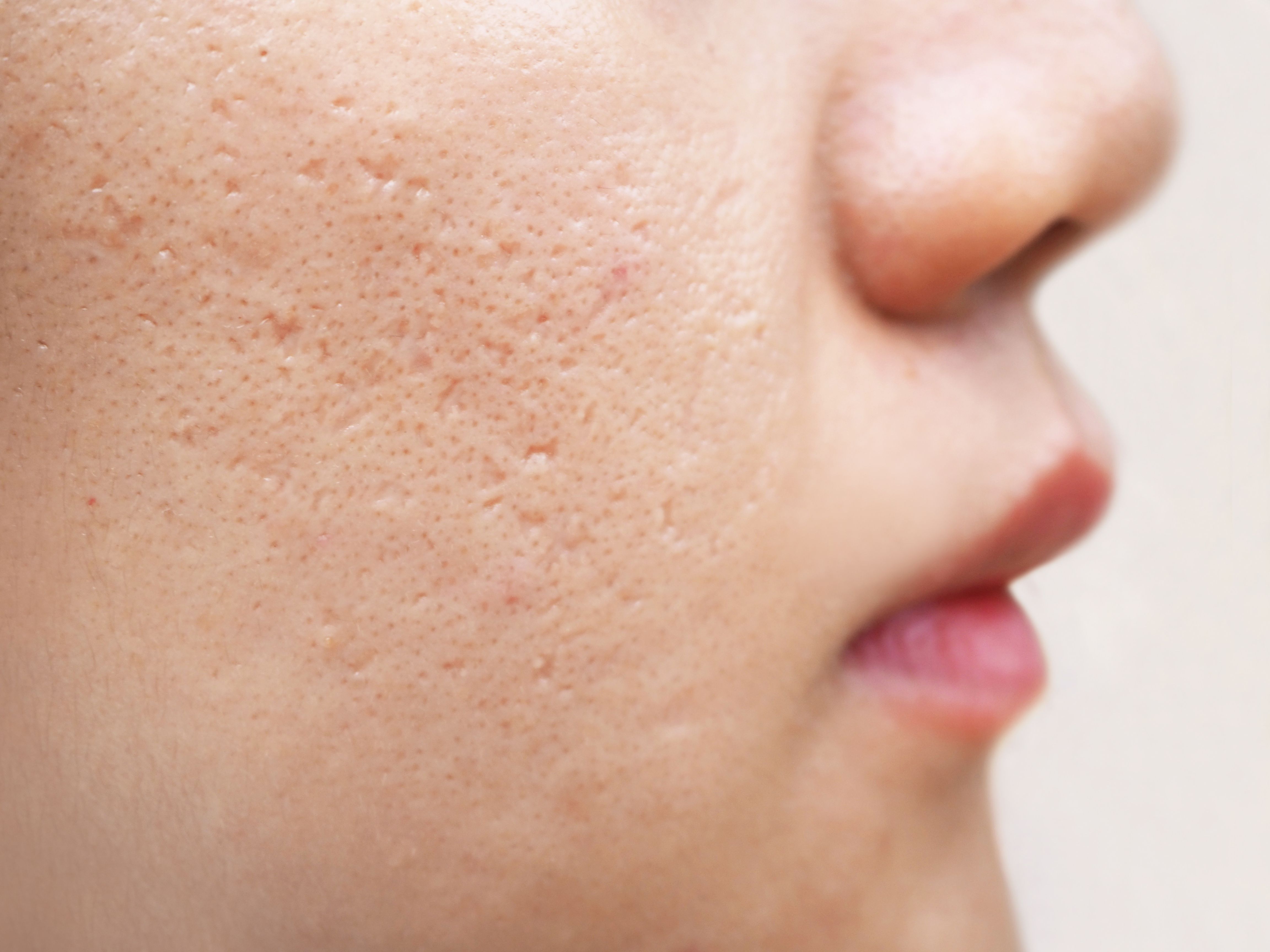- Acne
- Actinic Keratosis
- Aesthetics
- Alopecia
- Atopic Dermatitis
- Buy-and-Bill
- COVID-19
- Case-Based Roundtable
- Chronic Hand Eczema
- Chronic Spontaneous Urticaria
- Drug Watch
- Eczema
- General Dermatology
- Hidradenitis Suppurativa
- Melasma
- NP and PA
- Pediatric Dermatology
- Pigmentary Disorders
- Practice Management
- Precision Medicine and Biologics
- Prurigo Nodularis
- Psoriasis
- Psoriatic Arthritis
- Rare Disease
- Rosacea
- Skin Cancer
- Vitiligo
- Wound Care
Article
Study: Misinformation and Acne
Author(s):
Teenagers were the most likely to be affected by targeted misinformation.
Acne vulgaris is a skin condition caused by the dysfunction of the pilosebaceous unit which causes red bumps on the face and truck. Commonly, adolescents battle with this skin condition, but this patient age group is also more susceptible to misinformation. A recent article looked into the issue of the amount of misinformation on the internet by compiling a qualitative review of misinformation and conspiracy theories in acne.
The reason why adolescents are often more likely to believe misinformation is due to age, stress about the condition, and the amount of time spent on the internet. The researchers performed a review in March 2022 of PubMed that used the terms ‘acne’ AND ‘misinformation’ OR ‘disinformation’ OR ‘conspiracy theory’ in which 1,024 abstracts were found and then analyzed to see if they should be included as misinformation. After the analysis, 5 were included. After, a Google search was conducted using combinations of the terms ‘acne’ and ‘misinformation’, ‘disinformation’ and ‘conspiracy theories’. After that, TikTok, Twitter, Facebook, and Instagram were also investigated.
The common categories of the false content were diet and other ‘causes’ of acne, distrust of traditional acne therapies, and the use of nonconventional treatments. The dietary causes of acne, in these misinformation posts, included exposure to dairy products, high-fat foods, and chocolate. Other supposed causes included poor hygiene, contagion, systemic infections such as Candida, and fluoridated water, the researchers explained. For cures, veganism was often cited along with natural topical treatments, and nutritional supplements like diindolylmethane.
The posts said treatments like antibiotics were poisonous, and isotretinoin was toxic and devasting to the patient. Other misinformation about common treatments included an over exaggeration of cases of depression, inflammatory bowel disease, organ failure, infertility, and sexual dysfunction.
The researchers found that the websites in which these pieces of content were found often were associated with companies that were selling products that were advertised to cure acne in a short amount of time.
“Dermatologists should be aware of the nature of acne-related misinformation available online, and be prepared to counter it with scientific principles and facts,” the researchers concluded.
Reference:
O’Connor C, O’Grady C, Murphy M. Spotting fake news: a qualitative review of misinformation and conspiracy theories in acne vulgaris. Clin Experimental Derm. Published online April 18, 2022:ced.15222. doi:10.1111/ced.15222
Newsletter
Like what you’re reading? Subscribe to Dermatology Times for weekly updates on therapies, innovations, and real-world practice tips.











